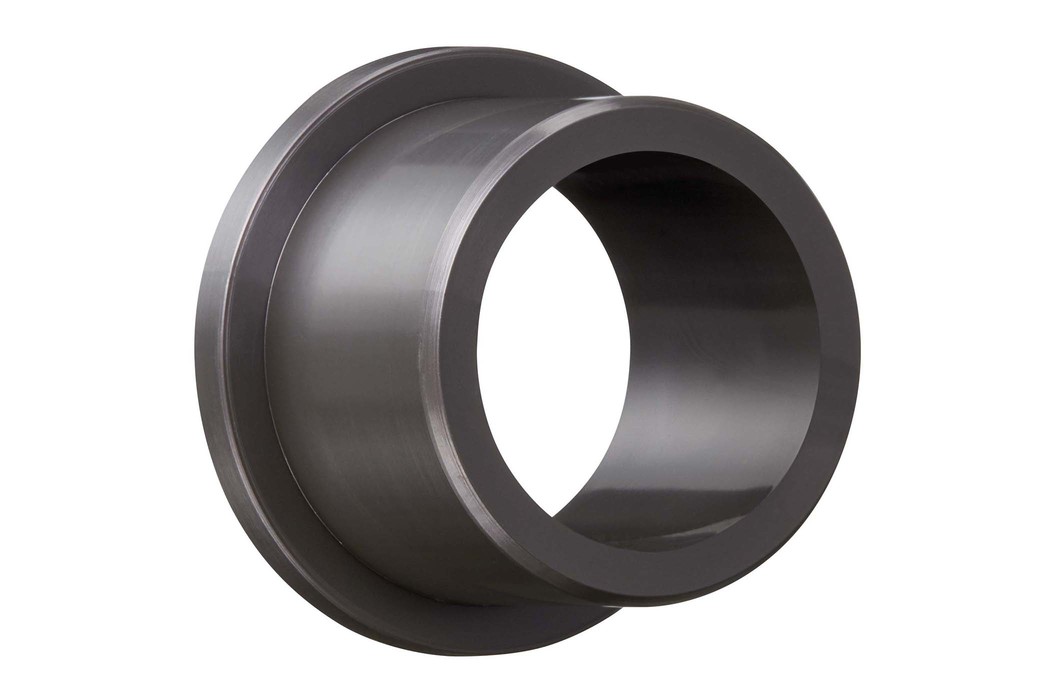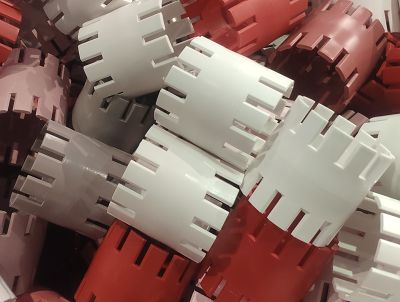Material Hub > Materialien
Materialien
-
Kategorie Thermoplastespezifischer Durchgangswiderstand > 1.0E+14 ΩcmZugdehnung beim Bruch –
-
Kategorie Thermoplastespezifischer Durchgangswiderstand > 1.0E+14 Ω*cmZugdehnung beim Bruch > 200 %
-
Kategorie Thermoplastespezifischer Durchgangswiderstand 4.9E+16 Ω*cmZugdehnung beim Bruch 20 %
-
Kategorie Thermoplastespezifischer Durchgangswiderstand 1.0E+15 Ω*cmZugdehnung beim Bruch 15 %
-
Kategorie Thermoplastespezifischer Durchgangswiderstand > 1.0E+16 Ω*cmZugdehnung beim Bruch 700 – 900 %
-
Kategorie Thermoplastespezifischer Durchgangswiderstand 4.0E+16 Ω*cmZugdehnung beim Bruch > 150 %
-
Kategorie Thermoplastic Compoundspezifischer Durchgangswiderstand 1.0E+16 Ω*cmZugdehnung beim Bruch > 100 %
-
Kategorie Thermoplastespezifischer Durchgangswiderstand 4.0E+16 Ω*cmZugdehnung beim Bruch > 150 %
-
Kategorie Thermoplastespezifischer Durchgangswiderstand 2.0E+16 Ω*cmZugdehnung beim Bruch > 200 %
-
Kategorie Thermoplastic Compoundspezifischer Durchgangswiderstand 1.0E+16 Ω*cmZugdehnung beim Bruch > 150 %





